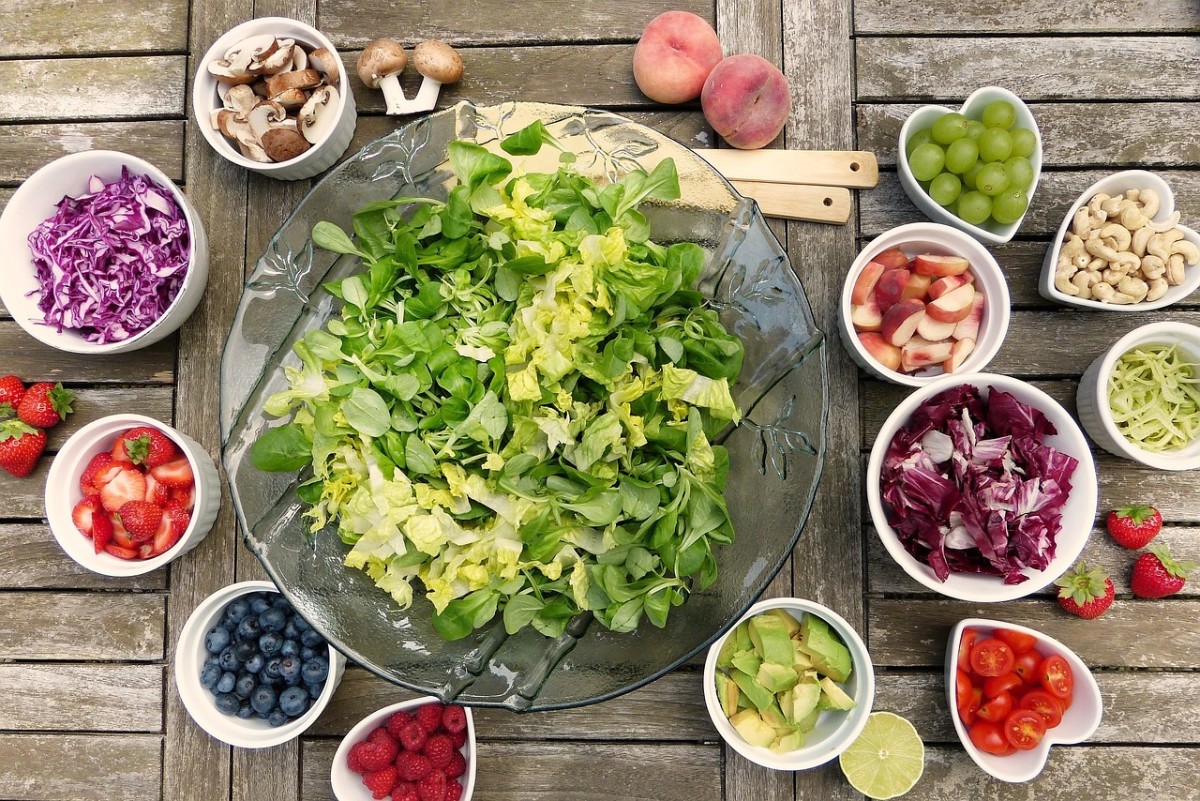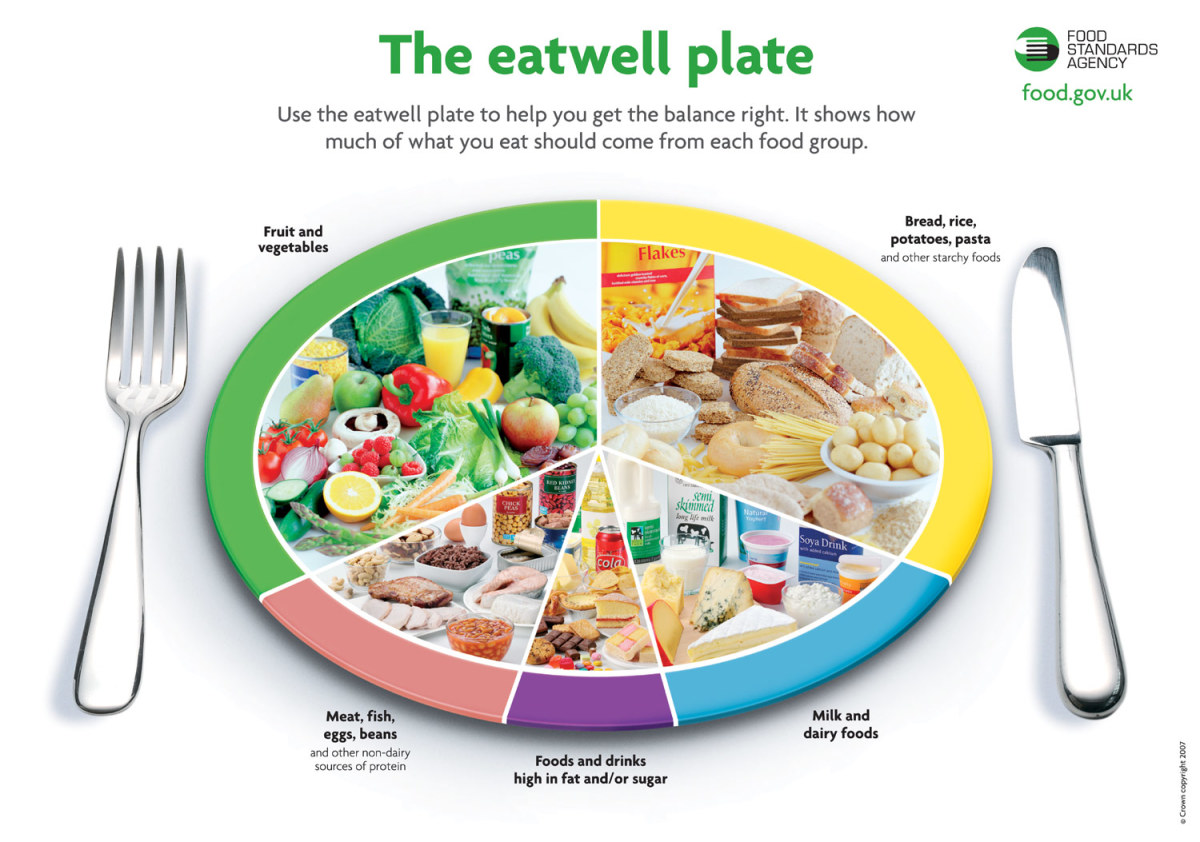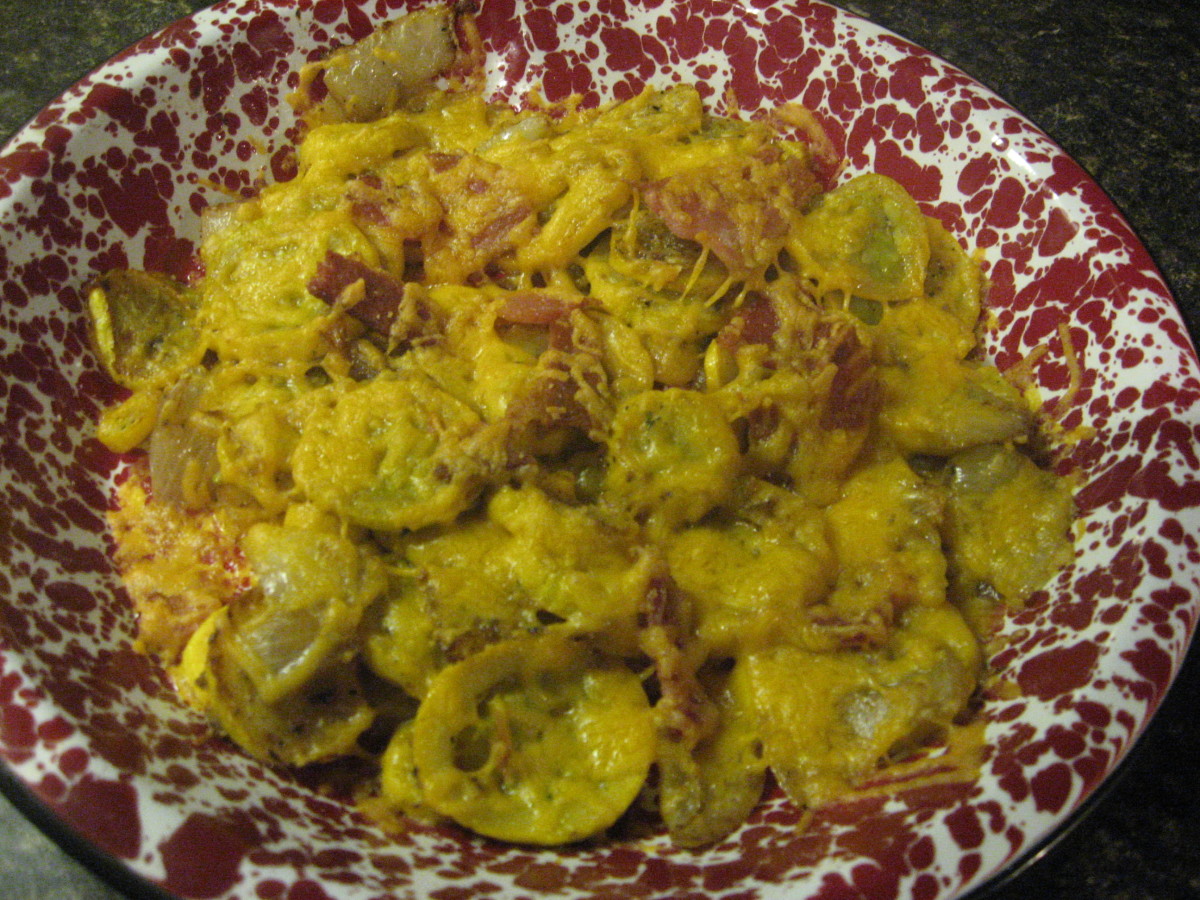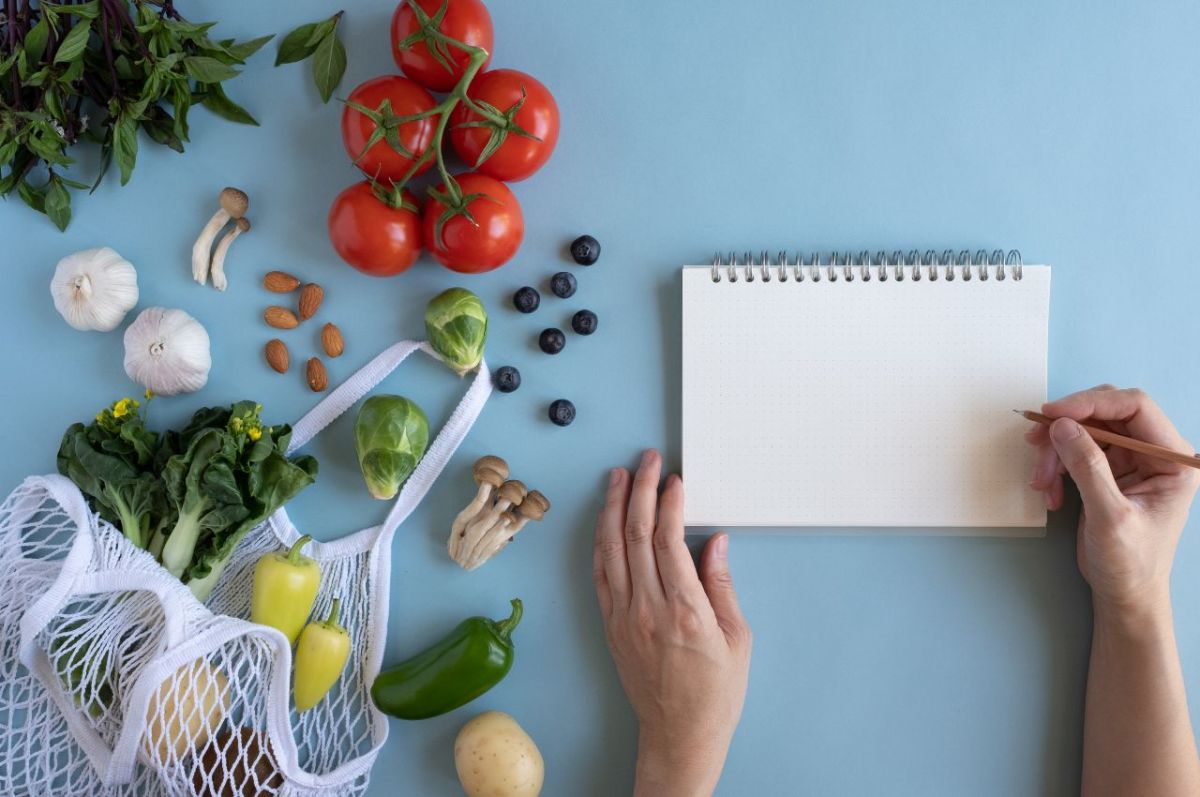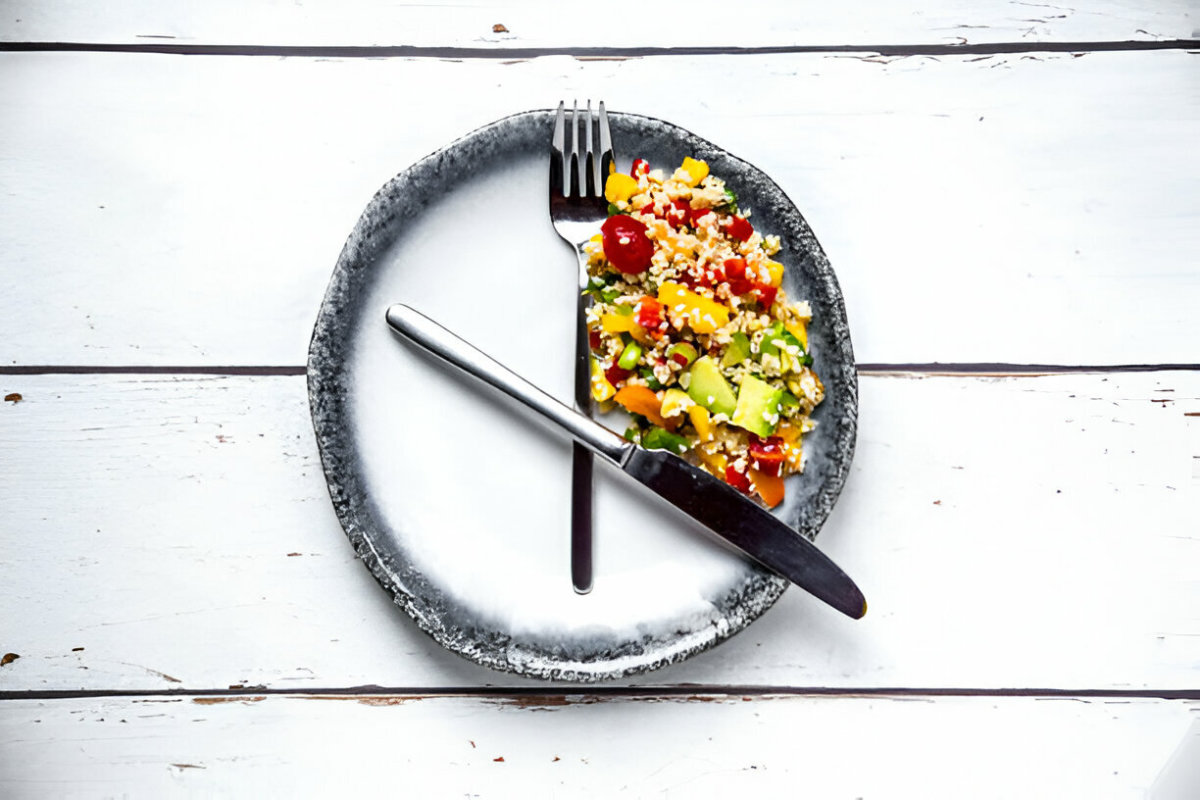Low Fat And Low Carb Diets: The Benefits Of Low Fat Diets Versus Low Carb Diets
Low-Fat Diets Versus Low-Carb Diets
While I think that both of these diets have their strong points, having done both types myself, I have found that the low-fat diets are the easiest to maintain over time and as well have the benefit of being heart-healthy as well as lifestyle modifying.
I have tried low-carb diets several times and to be honest, I never felt quite right while I was on them. It seemed to me that I was tipping the scale so to speak in a different way - I was eating too much of one type of food, for instance protein, and taking out another type, the carbs, only to find that my energy was gone and I was left feeling like my metabolism was off.
While I think that there is great validity in weight loss from low-carb diets, I think that balancing our diet and learning behavioral modification when it comes to eating ends up being the best solution - for sustained weight loss and overall nutrition.
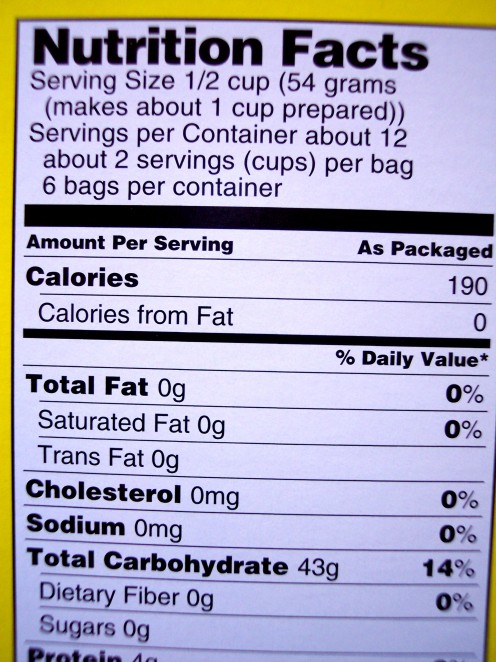
The first thing to remember is that any diet that you embark on requires change - change in thinking and change in behavior. For most of us, eating is something we do but something we don't necessarily think about all that much - or until we realize we need to lose weight!
No matter what diet you are on or even if you are just maintaining your weight, there is a simple mathematical equation going on here - you either are too heavy or too thin or 'just right'. It's all about the calories and every single person is different in what they require. Finding that 'magical number' is the science of it and then figuring out what you can eat to keep you feeling good while maintaining your desired weight is vital.
Changing over to a low-fat diet doesn't have to be painful as today there are so many choices. The most important thing to remember is that if you make a change, sometimes it has to be 'drastic' in terms of getting rid of your old foods and bringing in new and improved foods that will keep you satisfied appetite-wise and yet be good for you.
Recommended Daily Nutrition Amounts
WOMEN
| WOMEN OVER 50
| MEN OVER 24
| |
|---|---|---|---|
Calories
| 2000
| 2000 or less
| 2700
|
Protein
| 50 grams
| 50 grams or less
| 63 grams
|
Fat
| 65 grams or less
| 65 grams or less
| 88 grams or less
|
Saturated Fat
| 20 grams or less
| 20 grams or less
| 27 grames or less
|
Carbohydrates
| 304 grams
| 304 grams
| 410 grams
|
Fiber
| 25-35 grams
| 25-35 grams
| 25-35 grams
|
Cholesterol
| 300 mg or less
| 300 mg or less
| 300 mg or less
|
Iron
| 18 mg
| 8 mg
| 8 mg
|
Sodium
| 2300 mg or less
| 1500 mg or less
| 2300 mg or less
|
Calcium
| 1000 mg
| 1200 mg
| 1000 mg
|
Of course this varies for everyone and some may require fewer calories
Tips for Converting to a Low-Fat Diet
Changing to a low-fat diet is actually very easy because it does not involve you cutting out huge groups of foods per se. Within reason, by switching to low-fat or low-calorie varieties of food and changing a few dietary habits, you can ease into a low-fat diet very quickly.
Here are some tips though to help you through the transition:
- Invest in a good low-fat cookbook or two - What we think is low-fat sometimes can be exactly the opposite or it can be loaded with calories or the wrong kind of fat. Even check 1 or 2 out at the library and find recipes that are palatable to you and your lifestyle - then experiment to see if you like the recipes
- Get rid of anything that is NOT low-fat - In your refrigerator, in your freezer, and in your pantry! If you do not do this, it is too easy to backslide and revert to old eating habits. If you don't have it there, you can't eat it or use it. Start over so to speak and adjust your thinking to going low-fat as much as possible in all areas across the board
- Have healthy snacks at the ready - Do your research and find out what your caloric needs are and then gauge when you think you will want a snack and what you need to have ready. This way you will avoid running to the cabinet for a bag of chips - if you get hungry and you have carrots or celery already in the fridge, you can substitute, still have your snack and feel like you are doing the 'right' thing
- Think about what you are eating when you sit down at a meal - and take smaller portions. Go so far as to down-size your plate. Instead of a dinner plate, try a dessert plate for putting your food on the table. It will give you the visual concept that you are eating less which you truly are!
- Take time to eat and digest as you eat - Meaning don't race through your meals or eat while you are doing something else. Taking the time to monitor yourself and know when you have reached 'full' is a good trait to acquire - it prevents overeating and being remorseful later
- Don't miss breakfast! We all learned from childhood it was the most important meal of the day and it is still true. If you miss breakfast, your body will be thrown off kilter for the rest of the day in terms of nutrition and fuel needs - your metabolism will compensate for that missed fuel by needing more later in the day which is a double-edged sword that carries with it the possibility of overeating to compensate. Be smart and have that healthy breakfast every day!
- Water, water, water - It is the cheapest of liquids to drink and the more you drink of it, the better your metabolism will be. Even if you are not on a weight loss diet and simply following a low-fat diet, water is a necessity and should be part of everyone's daily consumption. It also acts as an appetite suppressant. Eliminate pop and caffeine as much as possible - these are 2 substances that actually stimulate appetite and have no nutritional value in them whatsoever
- Exercise - Each and every person should participate in exercise every single day - for 30 minutes at least if possible. It doesn't have to be weightlifting or marathon running to be effective. Again, even if you are not on a weight loss diet, it is for your health and your heart! Exercising helps metabolize food and helps to clear out the cobwebs. Physical exertion also gives you a sense of well-being that nothing else can provide
- Eat more fish - It is recommended that fish take the place of meat at least 1-2 times per week in a low-fat, heart-healthy diet. Salmon is the #1 recommended fish of choice for its heart healthy properties
- Have a vegetarian meal at least once per week - Meatless chili is a great substitute for the protein of meat. When you do eat meat, make sure that it is the leanest cut possible and not too grand in portion. If you are having poultry, it is much better to have it skinless
- Eat your biggest meal at noontime! This is a great way to balance metabolism and keep weight steady. By eating a smaller meal at night or even switching to a salad or something light in the evenings, you will find that you are less hungry in the morning and that you sleep better as well
- Don't be too hard on yourself! If you are trying to lose weight, it is recommended that you try to stick to 2 pounds per week and although that sounds tedious and too little, in the long run, you will be healthier and better able to sustain weight loss if you approach it sensibly. One thing to remember is that a low-fat diet doesn't mean you can never have chocolate or something else again. You just have to make better choices and pick things that are low-fat or lower in calories. But the occasional indulgence should not cause terrible worry - the beauty of the low-fat diet is that it is a lifestyle change and you can just go right back to it instantly!
Low-Fat Recommended Foods and Servings Per Day
Type of Food
| Servings per day
| Eat These
| Don't Eat These
|
|---|---|---|---|
Breads/Grains
| 4 or more servings
| Whole grain bread/cereal/oatmeal
| White bread/processed snacks
|
Vegetables
| 3 or more servings
| Raw, boiled or baked - any
| Fried or vegetables in sauce
|
Fruits
| 2 or more servings
| All fruits but calories count
| Avocado
|
Meat or Meat Alternative
| 5-6 ounces per day total
| Poultry skinned/fish/eggs/lean meats
| Processed meats/lunch meats
|
Soups
| No particular amount - just watch calories
| Broth-based/skim milk based
| Creamed or made with meat fat
|
Oils or Fats
| 3 servings (dressings, oil, etc)
| Nuts/olive oil/low-fat dressings
| Fat-laden fats and oils
|
Milk or Dairy Products
| 2 or more cups per day
| Skim or low-fat milk/dairy products
| Whole milk/regular cheese
|
Beverages
| 4-6 cups of appropriate beverages
| Tea/coffee/broth/water/wine
| Anything made with high-fat ingredients
|
Desserts
| Dependent upon calories
| Sherbet/frozen yogurt/low-fat puddings
| Ice cream/pastry/doughnuts/chocolate
|
Summing It Up
I believe low-fat diets are safer for most people over 25 or 30 years of age - and I think the health benefits of a low-fat diet carry a lot of 'weight' so to speak. It is for the most part a very healthy way to eat and it is a great way to lose weight or keep your weight steady.
Some foods to avoid if you are trying to keep on a low-fat diet:
- Potato chips - unless they are baked
- White bread
- Canned meats
- Processed foods - ready-made mixes, etc
- Creamed soups and gravies unless homemade
- Sugar - sugared cereals - sugared creamers
- Regular mayonnaise and dressings made with oil
- Fish or other foods packed in oil
- In general, foods that are processed as you cannot control the fat level in them
Instead add more of these to your diet:
- Whole grain pasta or brown rice
- Use honey, molasses or maple syrup for sweetening
- Dried fruits
- Whole grain breads and cereals
- Nuts/seeds
- Dressings made of vinegars, low-fat or fat-free
- Dairy products that are low-fat, fat-free or skim milk based
- Vegetables - fresh or canned/frozen
- Fruits - fresh or canned/frozen without syrup
- Meat or fish packed in water
- Use butter sparingly or use some of the low-fat spreads
- Incorporate more beans in your diet
- Cook more from scratch so you can control the ingredients
- Learn to cook the low-fat, non-fat way
You don't have to give up everything - you just have to learn to make it better!
- Sugar Cookies - Light Recipe
Again the cookbook The Best Light Recipe cookbook from cooks.com has come through with this 90-calorie version of an all-time favorite. Please note my suggestions below for variations. Makes 24 NOTE: In... - Chocolate Chip Cookies - Light Recipe
I think these are the best light recipe I've discovered for chocolate chip cookies and they are only 100 calories! I found the recipe in Best Light Recipe by Cooks.com, however, I use a combination of... - Peanut Butter Cookies - Light Recipe
The best light recipe for peanut butter cookies, but best to use dry-roasted salted peanuts. If you are concerned about sodium content, you can substitute reduced-salt or unsalted peanuts. For the cookies to... - Oatmeal Cookies - Light Recipe
I think these are the best light recipe I've discovered for oatmeal cookies! I found this recipe in the wonderful cookbook I would review as definitely The Best Light Recipe by cooks.com. However, I changed... - Foolproof Recipes for Low-Fat Sugar Cookies
Sugar cookies are a staple of the confectioner's kitchen. With this foolproof recipe, anyone can make a delightful, low-fat sugar cookie (with a sugar-free option). - Low-Fat Hot Cross Buns & Lemon Curd Recipes
Hot cross buns are a traditional food for Good Friday and Easter breakfasts, but with low-fat lemon curd, they're delicious all year round! - Low-Fat Red Velvet Cake & Cream Cheese Frosting Reci...
If you're a red velvet fan, or just looking for something new to tickle your palate, you simply must try this low-fat rendition, complete with low-fat cream cheese icing, found below. - Low-Fat and Healthy Peanut Butter Alternative
Don't worry, you can still eat peanut butter without worrying about all of the fat and calories that come with it. - Low-Fat Easy Filipino Food Recipes
Low-fat, easy recipes for favorite Filipino foods: Chicken adobo, pork adobo, and pancit. - Easy Low-Fat Oven-Fried Chicken Recipes
Low fat ingredients and baking vs frying make these yummy chicken recipes a hit with your tastebuds and your waistline! - Free Recipe Database - Fat-Free, Sugar-Free, Low-Fat
A database of free recipes that fit your lifestyle (and your diet). Updated continually, so check back often for new tasty treats and savory dishes. Requests welcome!


